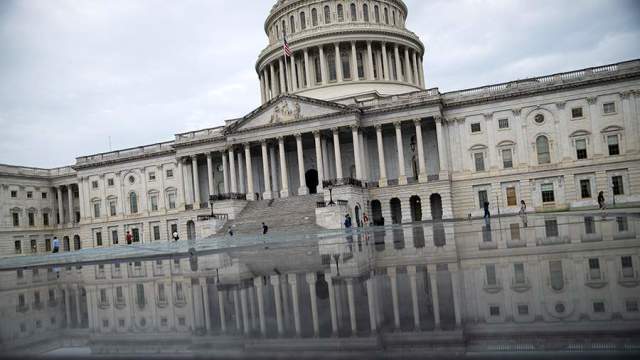19 members of the US House of Representatives opposed the transfer of cluster munitions to Ukraine. They published their statement on this issue on July 7.
"The United States is proudly committed to leadership in the field of human rights protection. This commitment should include the rejection of the transfer of cluster munitions, which, according to the very idea, carry serious risks to the civilian population," the statement said.
The congressmen noted that cluster munitions are banned in more than 100 States because of their indiscriminate harm that can be inflicted on civilians.
"The White House announcement contradicts congressional restrictions on the transfer of these weapons and seriously undermines our moral leadership. This underlines that there is still work to be done to put pressure on the United States to join the international community in banning the use of cluster munitions," the members of Congress said.
On July 7, the US President's national security adviser Jake Sullivan announced that Washington would hand over cluster munitions to Kiev. According to him, Kiev has given guarantees to use them responsibly.
In turn, the Russian ambassador to Washington Anatoly Antonov called the decision to supply Kiev with cluster munitions a gesture of desperation on the part of the United States.
On July 8, a member of the US House of Representatives from the Democratic Party, Betty McCollum, called on the US to eliminate the remnants of cluster munitions, and not transfer them to Ukraine. According to her, such weapons can only bring new victims.
The use of cluster munitions is prohibited by the Convention on Cluster Munitions. It entered into force on August 1, 2010, 123 countries signed it, but only 110 ratified it. Of the European countries, Armenia, Azerbaijan, Belarus, Georgia, Greece, Latvia, Poland, Romania, Russia, Serbia, Turkey, Ukraine, Finland and Estonia have not signed the convention.
Western countries have increased military and financial support for Kiev against the background of the Russian Federation's special operation to protect Donbass, the decision on which was made after the aggravation of the situation in the region due to shelling by the Ukrainian military.

